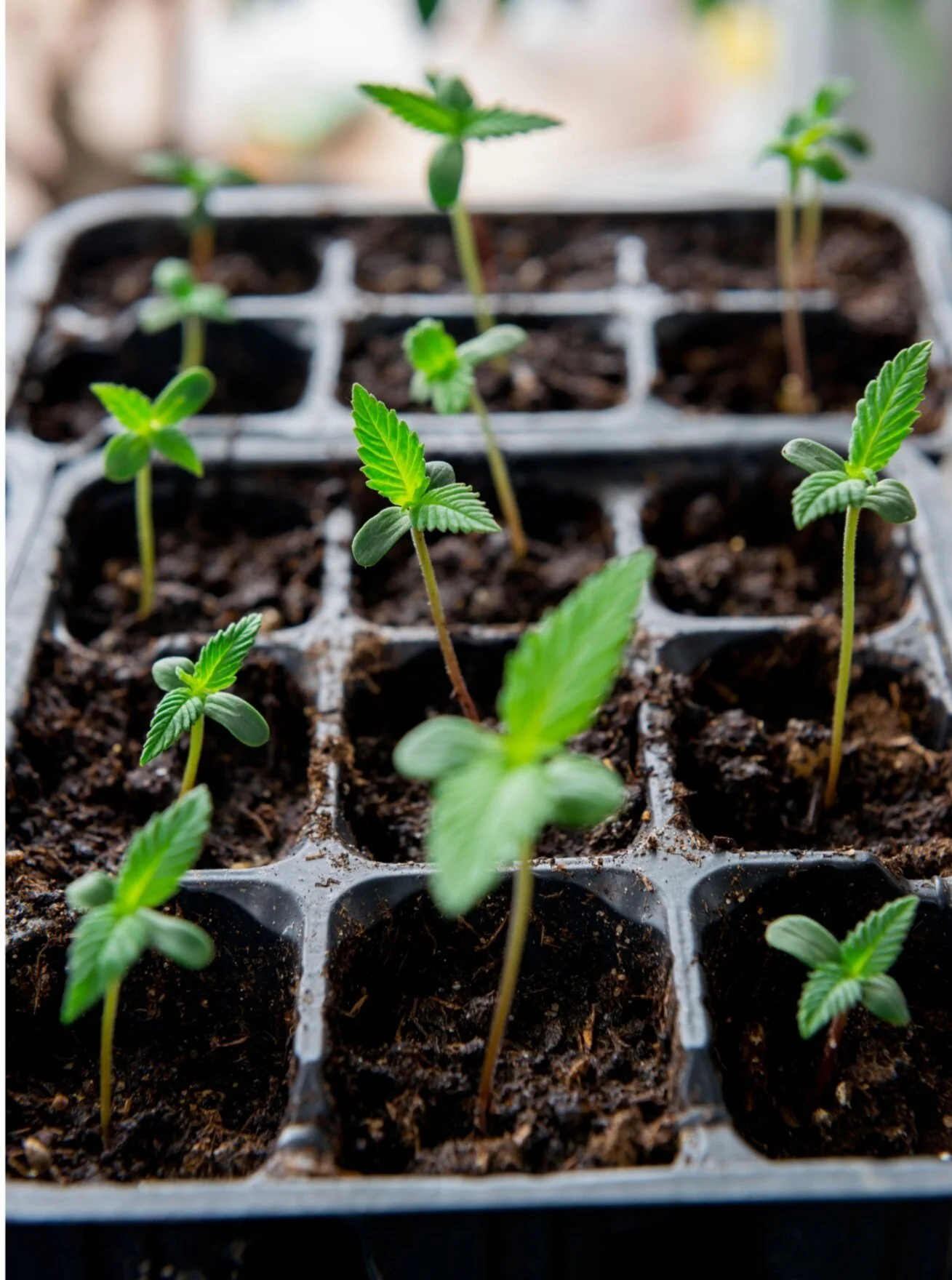In recent many years, the world-wide hashish industry has seasoned exponential progress, with raising recognition of the plant’s medicinal and recreational opportunity. Between the vital gamers in this burgeoning marketplace are hashish seed producers and distributors. Nonetheless, navigating the complicated landscape of worldwide restrictions governing cannabis seeds can be overwhelming. In this article, we will delve into the intricacies of hashish seed laws, discovering the several aspects that affect worldwide trade in this burgeoning business.
Knowledge Hashish Seed Rules:
Ahead of delving into global trade, it’s important to have a stable grasp of the polices governing hashish seeds at both equally the nationwide and international concentrations. Whilst some nations around the world have legalized cannabis for professional medical or recreational use, other individuals preserve strict prohibitions on its cultivation, sale, and possession. These different regulatory frameworks considerably impression the import and export of hashish seeds.
Legalization Status:
The very first action in knowing cannabis seed laws is to evaluate the legalization standing of cannabis in the nations around the world concerned in trade. Some nations, such as Canada, Uruguay, and particular states in the United States, have legalized cannabis for equally medical and leisure needs. In distinction, other people strictly prohibit its cultivation and use.
Seed Types:
Not all hashish seeds are established equal in the eyes of the regulation. Diverse jurisdictions may possibly have precise rules relating to the kinds of cannabis seeds that can be imported or exported. For instance, even though industrial hemp seeds that contains negligible ranges of THC (tetrahydrocannabinol) may perhaps be topic to much less constraints, seeds for substantial-THC cannabis strains could deal with tighter regulations.
Licensing and Permits:
In quite a few countries, the cultivation and sale of cannabis seeds are tightly controlled, demanding licenses and permits from authorities authorities. go to website may well specify situations this kind of as seed origin, genetic lineage, and THC content. Importers and exporters must ensure compliance with these demands to stay clear of legal repercussions.
Quality Handle and Screening:
Guaranteeing the quality and genetic integrity of cannabis seeds is paramount in intercontinental trade. Lots of international locations impose strict good quality command actions, like laboratory screening for genetic purity, THC stages, and the existence of contaminants such as pesticides and pathogens. Compliance with these specifications is crucial for seed producers and distributors searching for to enter global markets.
Global Trade Criteria:
With an comprehending of the regulatory landscape, let us explore the vital concerns for international trade in cannabis seeds.
Trade Agreements and Treaties:
Global trade in hashish seeds is influenced by various bilateral and multilateral agreements and treaties. For example, the United Nations Single Conference on Narcotic Prescription drugs regulates the output and distribution of cannabis and its derivatives on a international scale. Also, regional trade agreements may well effect the motion of hashish seeds among member states.
Import and Export Limits:
Lots of nations around the world impose import and export limits on hashish seeds to prevent illicit trafficking and guarantee compliance with domestic rules. Importers and exporters will have to acquire the essential permits and documentation from related authorities to facilitate the lawful transfer of seeds throughout borders.
Customs Clearance and Inspections:
Cross-border shipments of cannabis seeds are topic to customs clearance treatments and inspections to confirm compliance with regulatory demands. Importers and exporters have to accurately declare the contents of their shipments and supply supporting documentation to expedite the clearance process.
Transportation and Packaging:
The transportation of hashish seeds demands careful thing to consider of packaging, labeling, and storage problems to keep seed viability and protect against contamination. Seed shipments ought to comply with international standards for packaging and labeling, like distinct identification of seed kinds, origin, and meant use.
Compliance and Owing Diligence:
To mitigate legal pitfalls and ensure regulatory compliance, importers and exporters of cannabis seeds need to conduct extensive due diligence on their investing associates and provide chains. This contains verifying the legitimacy of seed producers, getting necessary permits and certifications, and documenting all transactions in accordance with relevant regulations.
Conclusion:
In summary, navigating the regulatory landscape of hashish seed trade involves a comprehensive comprehension of national and worldwide rules, as well as diligent compliance with lawful needs. By remaining informed and adhering to greatest techniques in quality regulate, licensing, and documentation, seed producers and distributors can properly navigate the complexities of global trade and lead to the progress of the international cannabis marketplace.
By means of adherence to polices and very best tactics, the global trade of cannabis seeds can thrive, supporting the growth of legal cannabis marketplaces and fostering innovation in seed genetics and cultivation approaches



